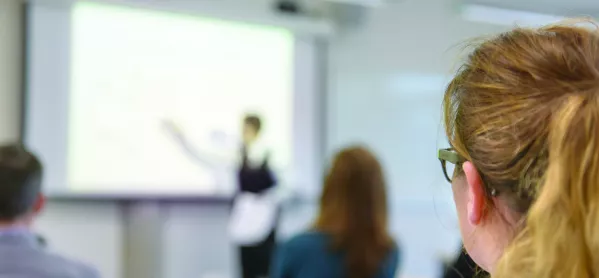It’s an inconvenient truth, but almost all teaching of children and adults is done “in class”, not because it works, but because it’s cheap. Alas, this is a deeply false economy and we’re fooling ourselves.
Almost all children are taught in groups. And we adults slog along through group-practice in dance, yoga, martial arts or Mandarin, wherein we’re fortunate if we attract even a minute of the instructor’s full attention.
For sure, if you want to make friends, join a class.
But if you want to get good at something, swiftly and satisfyingly, then find a mentor.
The secret at the heart of the one-on-one, “master-apprentice” model is the instant high-quality tailor-made feedback that allows you to alter whatever it is you’re doing wrong, so that you can make still more mistakes, prompting yet more of that super-specialised guidance, until you’re reliably doing the thing right.
That to-and-fro, real-time ping-pong between “rooky mistakes and expert response” is the high-potency active ingredient, the magic in the potion.
High-quality immediate feedback is so transforming of mind, body and emotions, that anything deemed important enough is routinely taught this way: brain-surgeons and barristers, Olympic athletes and astronauts - they all receive high-intensity one-to-one tutoring from master-practitioners.
It’s how you learnt to drive and it’s how it would take you just 15 hours at the controls of a glider before you made your first solo-circuit of the airfield, while your instructor cheered from the ground.
As teachers, this relationship would be hugely beneficial. You could devise ways to better infuse this learning strategy within your educational community. For students, one-to-one is never going to happen within the system, but you could invite a student who’s been demoralised by sluggish progress to choose just one skill they’d love to do well, and then “gift” them a term of intensive one-to-one tuition in this, several times per week. In this way the student can vividly experience their latent capacity for dramatic skills-improvement. Such transformation could prove quite a beacon.
Dr Nick Baylis is a chartered psychologist and senior associate of the Royal Society of Medicine. Dr Peter Orton is the UK’s leading medical examiner for international airline pilots, advising them on the physical methods for dealing with their high-stress lives.
Want to keep up with the latest education news and opinion? Follow TES on Twitter and like TES on Facebook




